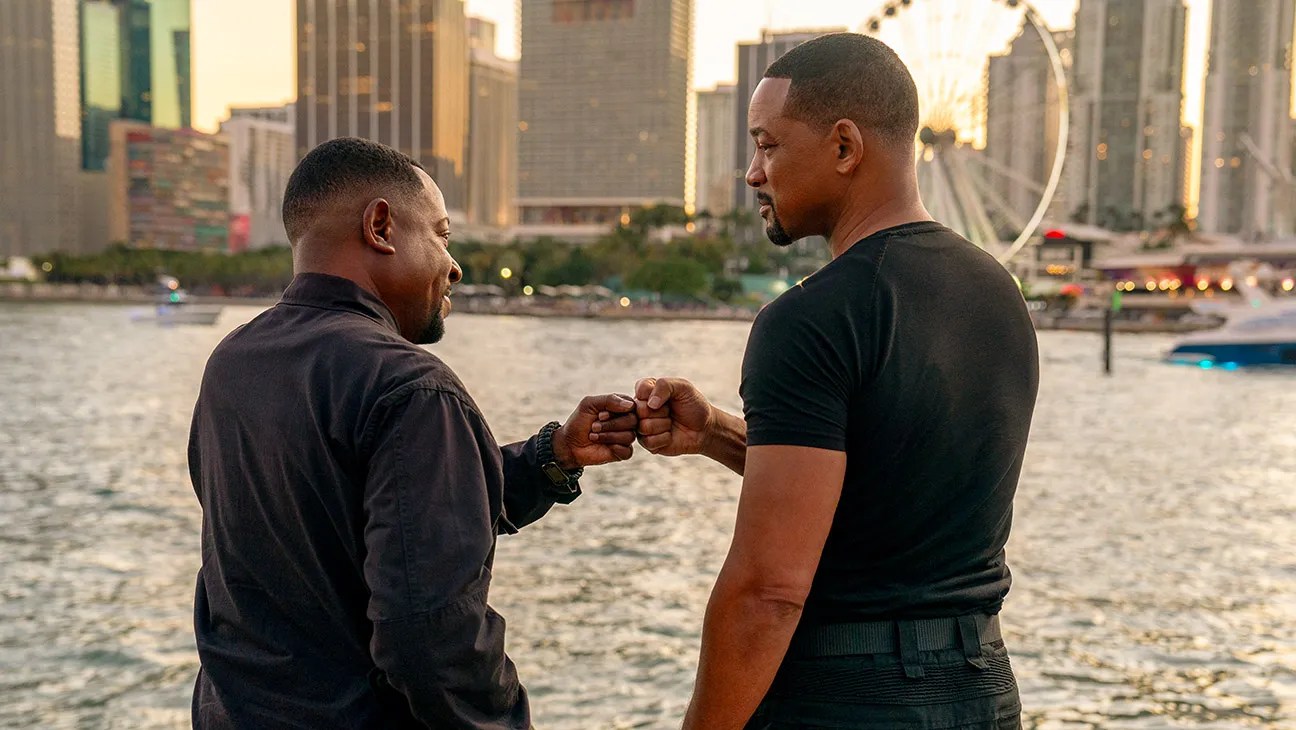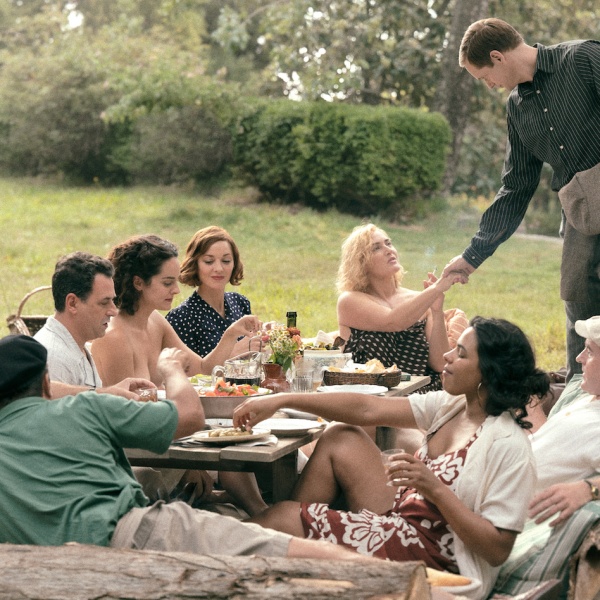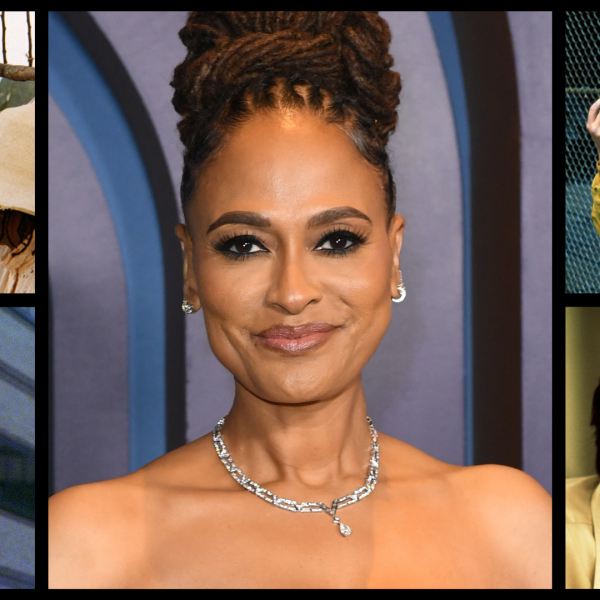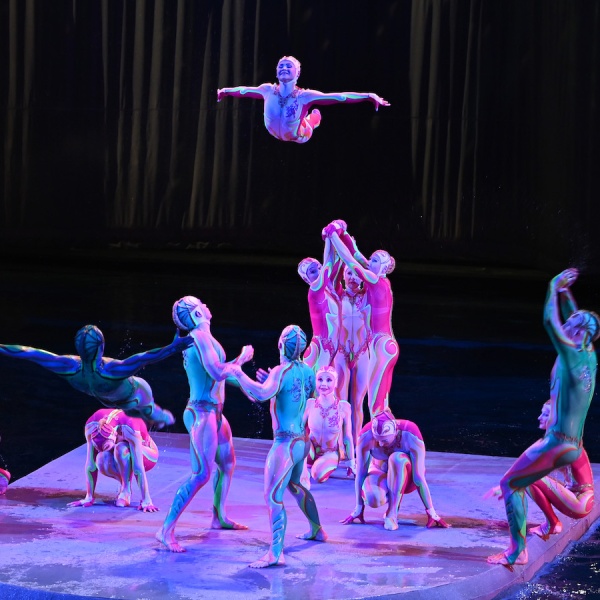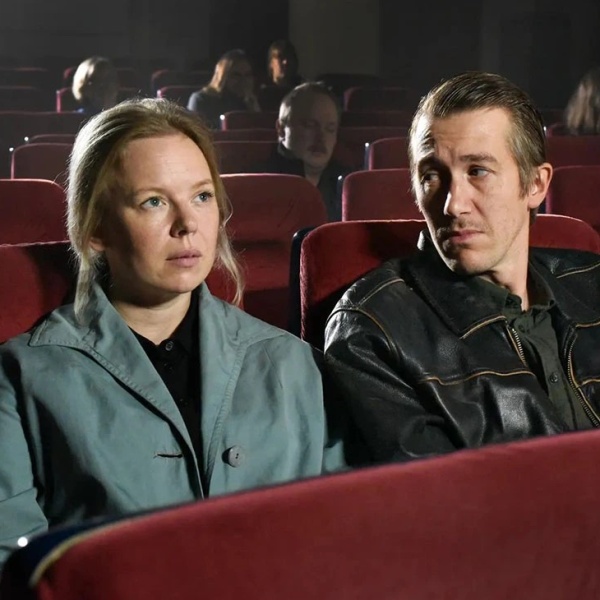“Bad Boys: Ride or Die” (Sony) had an exceptional first Monday gross of $6,250,000. That result, combined with multiple positive other elements, suggests that it will ultimately be the biggest domestic grosser among early summer (May through two weeks of June) openers.
Currently, “Kingdom of the Planet of the Apes” (Disney) leads among an overall disappointing set of releases with $150 million ($5.4 million last weekend). That projects to around a $170 million ultimate domestic result.
“Ride or Die” opened with $56.5 million, $1.9 million less than “Apes.” But with Monday’s total it is now less than $200,000 behind, and should be easily ahead of it for the full week.
Predicting that “Bad Boys” exceeds $170 million, perhaps getting closer to $200 million, is based on several factors playing in its favor. Let’s start with the trajectory of its results so far.
Recently unreliable tracking estimated a $45 million-$50 million opening. After Thursday’s previews, industry consensus was $53 million. Saturday that rose to $54 million. Sony’s Sunday estimate was $56 million. The actual result came to $56.5 million.
That unusual pattern suggests a new film with a rosy future ahead. But Monday’s gross was the biggest indication yet. It came to 11 percent of the weekend gross. Generally, a non-holiday, first-Monday-of-summer gross is considered an excellent result (under 10 percent more typical). But add to that its R rating (putting it at a disadvantage to benefit from school vacations compared to less restrictive rated films), and “Ride or Die” looks to be firing on all cylinders.

The case for a high-end gross extends to other factors in its favor. One major one is that it has over two weeks ahead with limited competition. “Inside Out 2” (Disney) opens this Friday, with an expected first weekend of $80 million or more. But that is an alternative audience. “A Quiet Place: Day One” (Paramount) on June 28 is the next opening that with an overlapping audience. That’s a big help.
The opening weekend demographics put the initial audience at about 70 percent Black/Latino, with less than 20 percent white. That suggests a wide spectrum of additional potential viewers who could opt to see this now that it has good word of mouth (A- Cinemascore).
One important lessen from this result is how underserved the minority audience has been for some time, and how critical it is for studios to trust existing and develop future minority talent. And not just because of inclusiveness but because it is lucrative.
Positive reaction also could increase the chances of repeat viewing, something that has been lagging among hit movies since “Dune: Part Two” (Warner Bros.) and essential for films that have a better than three times opening weekend multiple (for “Ride or Die,” $169.5 million).
When a film has momentum, a studio often helps its cause by increasing advertising, which often lags after the first weekend. They have the data to figure out what seems to work, where they can buttress interest, while emphasizing its hit status to keep it in people’s minds.
As always, some context is needed. To go this deep into the summer without a film likely to surpass $200 million is the clearest example of how weak moviegoing has been. Historically there have been at least two (including a Marvel entry, absent this year).
“Bad Boys for Life” (a January release) got to $204 million domestic in early 2020, with ticket price hikes about $225 million today. For a fourth film in a franchise four years later (and with questions about how much a draw Will Smith remained) to come back with 80 percent of its attendance is quite positive. In a year that could see ticket sales down 40 percent from their peak in 2018, that will be seen by studios as a positive sign.
For Sony, which has grossed over $110 million worldwide initially with a $100 million budget before marketing, this is the latest in a series of at least modestly successful films (“Anyone but You,” “Ghostbusters: Frozen Empire,” “The Garfield Movie”). Showing good results with films that don’t cost substantially above $100 million is vital.
